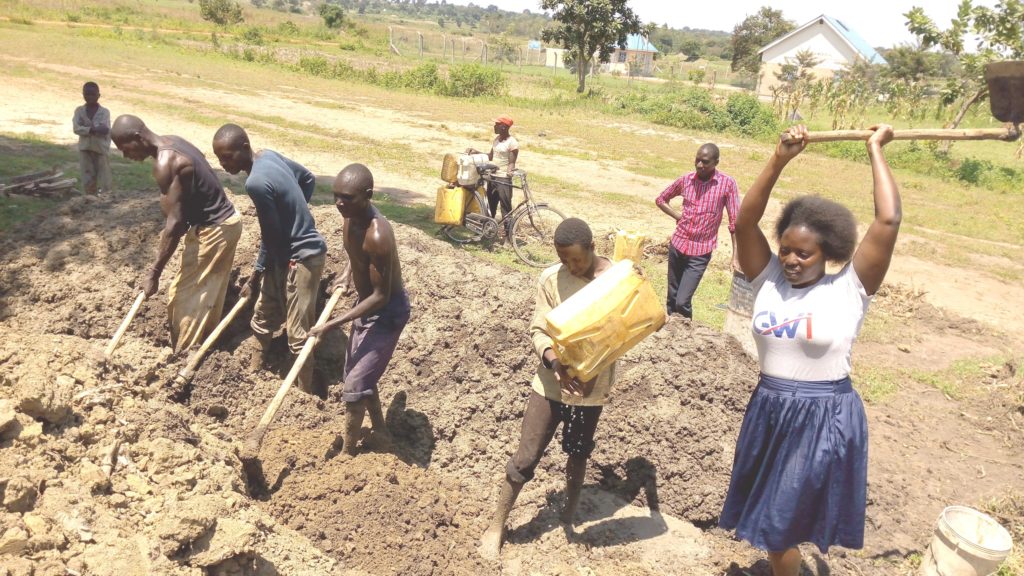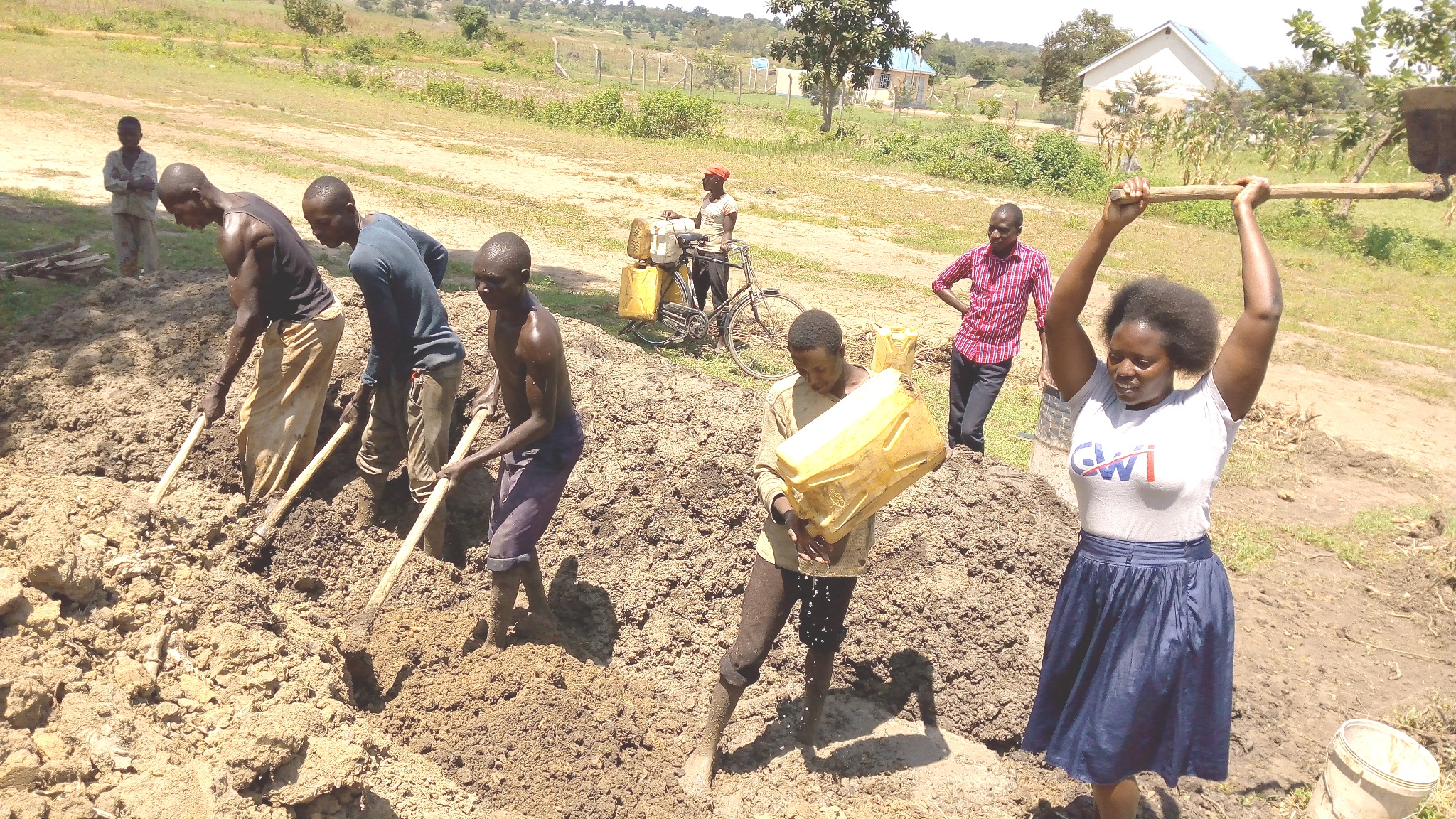
Alcohol and substance use is one of the major leading causes of domestic violence, HIV/AIDS infection, early marriages and teenage pregnancies in Bukomolo village, Kibuku District in eastern Uganda. The use is almost imaginable especially in boys and young men and it is raising the rate of crime, poor health and poverty in this community.
As a result, GWI has established preventive strategies, and help the alcoholic youths out of the brokenness of addiction. The strategies involves counseling, support of friends and families, support from spiritual groups and the community local leaders to establish measures of raising awareness about the problem. Also inclusive are seminars, drama and film shows, sports and livelihood empowerment.
The issue is that these young people are increasingly getting hooked on alcohol and drugs due to poverty. Many have no ability to attend school and to be employed which pushes them into drinking and use of drugs to relive their frustration.

GWI is engaging the alcoholic youths who are openly coming out in a Brick Making project as an initial empowerment activity to help them realize income as they get rehabilitated. The project is part of the campaign to build Bukomolo clinic patients’ kitchen, and canteen.
Local materials from loamy soil is what is used and GWI has invested close to three million ($900) USD to cover costs of firewood to burn the bricks, water to mix the soils, welfare during work, wooden frames to form the bricks, hoes to dig up the soil, dry grass and a table of which the bricks are slaked.
The target is to make 30,000 bricks by December this year at an expected value of 7.2 million ($2200 USD). The budget to build the canteen/kitchen is $5300.
Uganda Ministry of Health baseline survey of 14 districts which include Kibuku district found the mean prevalence of alcohol abuse to be 17.4 per cent while surveys from hospital admissions found that up to 20 per cent of the cases are alcohol related.
Would you like to connect with these youths affected with alcohol and substance abuse, please write to us. Needed are counselors, peer educators, mentors, including support of different resources.

